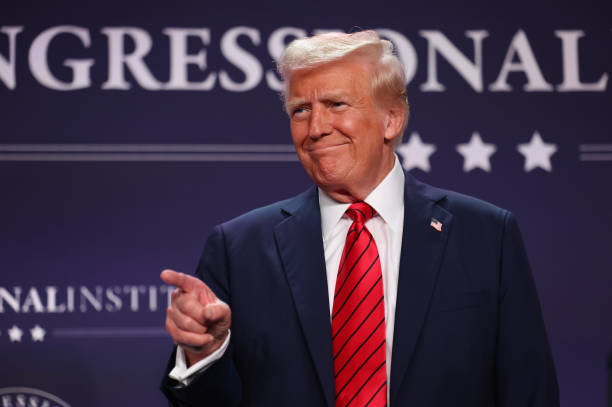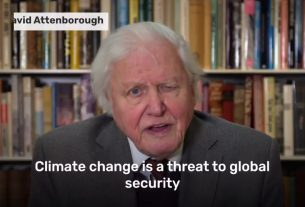Former President Donald Trump removed inspectors general from over a dozen federal agencies in a sweeping move that sparked widespread concern. The decision, carried out late on a Friday night, affected several key government departments, including State, Defense, Energy, Transportation, and the Interior. The removal of these independent watchdogs has raised questions about transparency and oversight within the federal government.
According to sources, agency inspectors general were informed via email that their positions were being terminated immediately due to “changing priorities.” This unexpected action has drawn criticism from lawmakers and watchdog groups who see it as an attempt to weaken government accountability.
Inspectors general are tasked with conducting investigations, audits, and evaluations to prevent fraud, waste, and abuse within government agencies. Their role is meant to be independent, ensuring accountability and proper use of taxpayer funds. The abrupt firings mirror previous actions taken by Trump during his presidency, where he removed officials he perceived as disloyal or unaligned with his administration’s agenda.
The decision has faced pushback from members of Congress, including Republican senators who were not given prior notice. Senate Judiciary Chairman Chuck Grassley, a longtime advocate for government oversight, criticized the lack of a 30-day notification period required by federal law. He stressed the importance of transparency and called for an explanation regarding the dismissals.
Trump defended his decision, stating that removing inspectors general was a routine practice and implying that some may not have been performing their duties effectively. However, he did not provide specific reasons or evidence for the mass firings. Historically, such actions have been rare, with past presidents opting to retain inspectors general during transitions to maintain stability and integrity within federal agencies.
The removal of these officials has raised bipartisan concerns about the impact on government oversight. Some senators expressed their frustration over the lack of communication from the White House, while others questioned the reasoning behind dismissing individuals responsible for ensuring ethical governance.
The Council of the Inspectors General on Integrity and Efficiency issued a statement emphasizing that while the president has the authority to remove inspectors general, the law must be followed to preserve independent oversight. Former officials and government ethics experts warn that these dismissals could create an environment where government misconduct goes unchecked.
Democratic leaders strongly condemned the firings, with Senate Minority Leader Chuck Schumer calling the move “a dangerous purge” that could lead to increased corruption and a lack of accountability in government operations. The dismissals have also raised concerns about the future of investigations that were underway at various agencies.
The removals have drawn comparisons to past instances where Trump took similar steps to reshape federal agencies according to his preferences. Critics argue that this move undermines nonpartisan oversight, making it more challenging to detect and prevent government inefficiencies and ethical violations.
As the fallout continues, lawmakers on both sides of the aisle are demanding more transparency regarding the reasons for the firings. The future of these independent oversight roles remains uncertain, with many questioning whether the replacements will uphold the same level of accountability and integrity as their predecessors.




